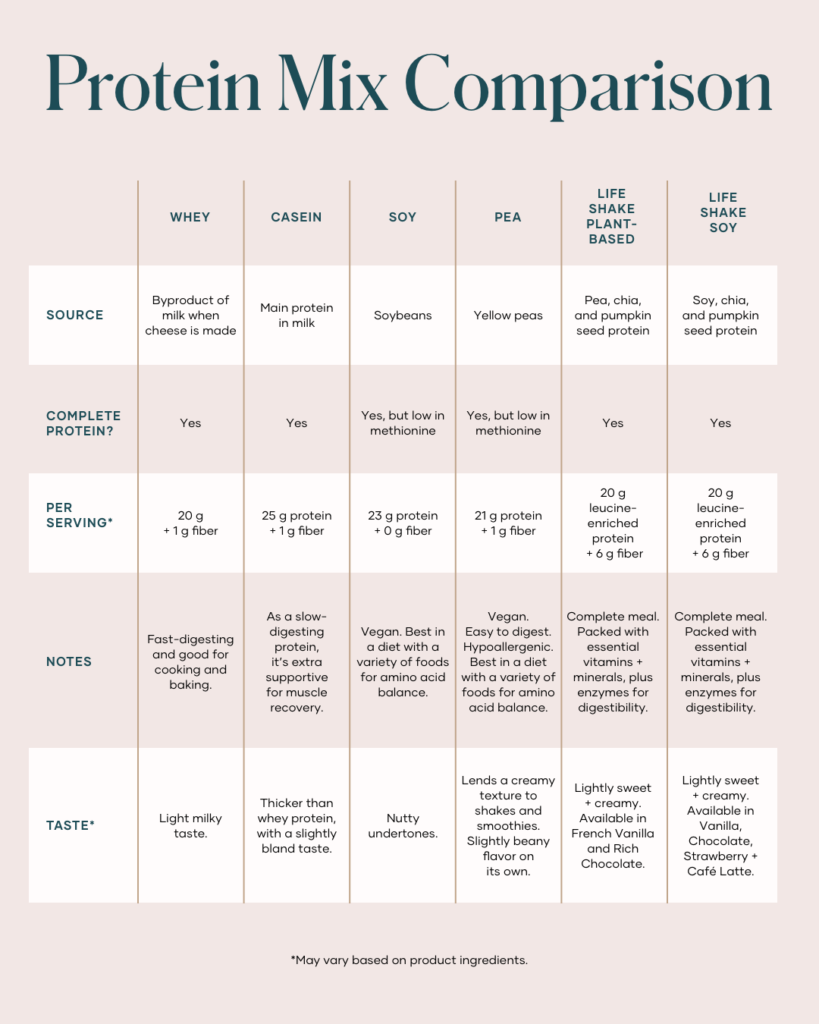Well, we are at the finals of our Protein Up week long challenge. Here is the math. Some will require more for certain situations, some less, such as with some kidney diseases. These will be better covered individually and with an experienced clinical dietitian, or Naturopath. People in their 70s and 80s can easily have lost 50% of their muscle mass.
Protein Needs as You Age
🌞 Good morning, wellness warriors! It’s time to share more about the protein amounts story!
While the amounts we’ve talked about here are a good guide for most adults, needs will vary, especially based on gender, age, and pregnancy.
Here’s the lowdown…
♀️GENDER/SEX
Did you know women build muscle mass at half the rate of men? And, at age 40+, women begin losing muscle mass at an alarming rate of 3-8% every decade! Most of us aren’t even getting close to the amount we need. One simple shift in your diet can be a complete game changer: prioritize protein!
👵AGE
We don’t use protein as efficiently for muscle repair and building as we age. That’s why eating protein is essential for maintaining muscle mass and strength as we get older. Muscle mass is as important in fracture risk as bone quality is, and bone quality tends to decrease with age. Loss of muscle is linked with accelerated degradation of bone.
Infants and kids have their own unique protein needs, too. As children grow, a critical natural strength develops. Keep your kids active and fueled with enough protein!
🤰STAGE
Pregnant women need more protein to help build the baby’s muscles, bones, and other tissues, especially in the second and third trimesters of pregnancy. For breastfeeding women, the protein requirements are even higher so they can maintain muscle mass while providing adequate nutrition to the baby through breast milk.
DAILY PROTEIN NEEDS
Kids
Infants (0-6 months): At least 1.77 g/kg (about 0.80 g per pound of body weight)
Infants (7-12 months): At least 1.6 g/kg (about 0.73 g per pound of body weight)
Children (4-13 years): 0.95 g/kg (about 0.43 g per pound of body weight)
Aging Adults
50+ years: 1.0–2.2 g/kg (about 0.45–1.00 g per pound of body weight)
Pregnant Women
Early Gestation: 1.66 g/kg (about 0.75 g per pound of body weight)
Later Gestation (32-38 weeks): At least 1.5 g/k (about 0.68 g per pound of body weight)
Breastfeeding Women
Recent research suggests 1.7 to 1.9 g/kg is ideal (about 0.77–0.86 g of protein per pound of body weight)
➡️ Did you learn anything new that might change your protein intake?
https://kidshealth.org/en/parents/moms-nutrients.html.
https://www.ncbi.nlm.nih.gov/pmc/articles/PMC7257931/

